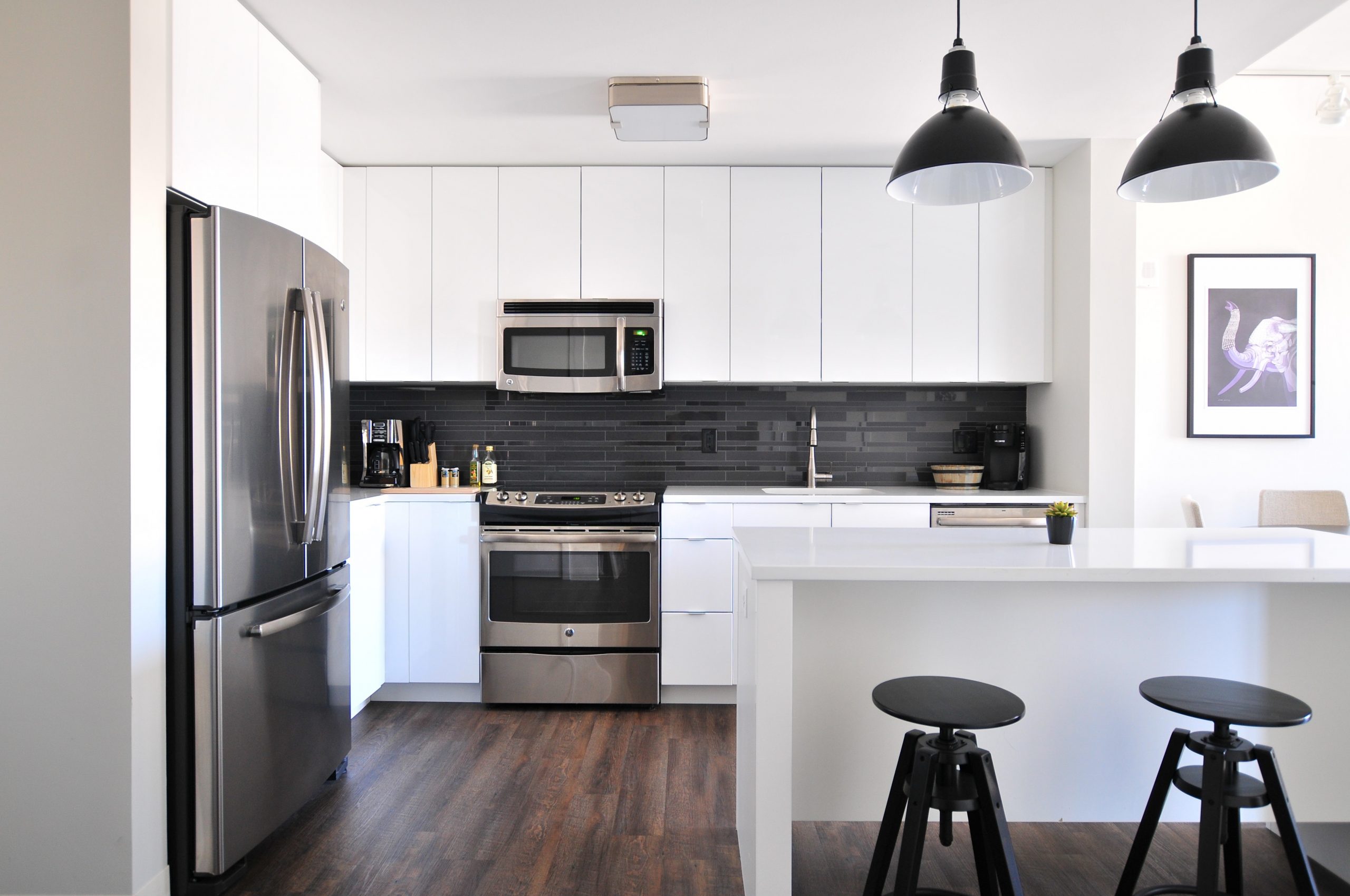The real estate market is buzzing with opportunities, and one of the most intriguing options is purchasing a flipped property. Flipped homes offer the allure of modern upgrades, stylish finishes, and move-in-ready convenience. However, buying a flipped property isn’t always as straightforward as it seems. Understanding the nuances of this process can save you from potential headaches and ensure you make a wise investment.
What is a Flipped Home?
A flipped home is usually purchased, renovated, and resold quickly by a real estate investor. The goal is to enhance the property’s value through strategic upgrades and sell it for a profit. These renovations often include cosmetic enhancements like new paint, flooring, and fixtures and more substantial work like roof replacements and kitchen remodels.
While buying a freshly renovated home is appealing, it’s essential to recognize that not all flips are created equal. Some investors may cut corners to maximize their profit margins, leaving unsuspecting buyers with hidden issues.
Problems with Homes That Are Remodeled Quickly
The speed at which a home is flipped can sometimes be a red flag. Quick remodels often prioritize aesthetics over quality, which can lead to several problems:
Substandard Workmanship
When time is of the essence, some flippers may hire less experienced contractors or rush through renovations. This can result in poor workmanship, with issues like uneven flooring, improperly installed cabinets, or faulty plumbing.
Hidden Issues
Cosmetic upgrades can easily mask underlying problems. For example, a fresh coat of paint might conceal water damage, or new flooring might hide foundational issues. Without thorough inspections, buyers could end up with significant repairs that weren’t apparent during initial viewings.
Inadequate Permits
Some flippers skip necessary building permits for their renovations to save time and money. This can lead to code violations and legal complications for the new homeowner. Ensuring that all work was done with proper permits is crucial to avoid future headaches.
What to Look for in a Remodeled Home
When considering a flipped property, it’s essential to approach the purchase with a discerning eye. Here are key aspects to examine:
Quality of Renovations
Pay close attention to the quality of the renovations. Inspect the finishes, such as countertops, flooring, and fixtures, to ensure they are high-quality and properly installed. Look for signs of rushed work, like uneven surfaces, misaligned tiles, or unfinished edges.
Thorough Inspections
Always hire a professional home inspector to examine the property thoroughly. An inspector can identify potential issues that may not be visible during a casual walkthrough. This includes checking the electrical, plumbing, roof, foundation, and HVAC systems.
Verify Permits
Request documentation for all renovations and verify that the necessary permits were obtained. This ensures that the work was done to code and reduces the risk of future legal problems.
Research the Flipper
Investigate the background of the individual or company that flipped the home. Look for reviews or testimonials from previous buyers and check for any complaints or legal issues. A reputable flipper will have a track record of successful renovations and satisfied customers.
Check for Warranties
Some flippers offer warranties on their work, which can provide additional peace of mind. These warranties typically cover specific aspects of the renovation, such as plumbing or electrical work, for a set period. Make sure to get the details in writing and understand what is covered.
Before Buying a Flipped Home
Here are some questions to ask:
- What shape was the home in before it was renovated? Was it just outdated? Vacant? Trashed by squatters? Find out the state of the house when the flipper purchased it.
- What deficiencies, damage, or other defects did the home have when the flipper bought it? If possible, ask for a list of issues.
- Who worked on the house during the renovation? Contractors? Handymen? Did the flipper do the work personally? Are there invoices detailing the work completed and the money spent on the repairs? Were the appropriate permits secured?
- Was anything left “as is”? What issues were deemed too small or not vital to the renovation?
- What was the legal history of the transfer of ownership? Short sales and foreclosures might have legal obligations on the flipper or other liens.
Purchasing a flipped property can be an excellent investment if approached with caution and diligence. By understanding the potential pitfalls and knowing what to look for, you can make an informed decision that benefits your financial future. Always prioritize quality over aesthetics, conduct thorough inspections, and verify all necessary permits.
If you’re ready to explore the world of flipped properties, I have experience working with buyers who have purchased flipped homes, and I’d be happy to help you navigate the questions. Let’s talk! Contact me at (928) 916-1921.


 Facebook
Facebook
 X
X
 Pinterest
Pinterest
 Copy Link
Copy Link


